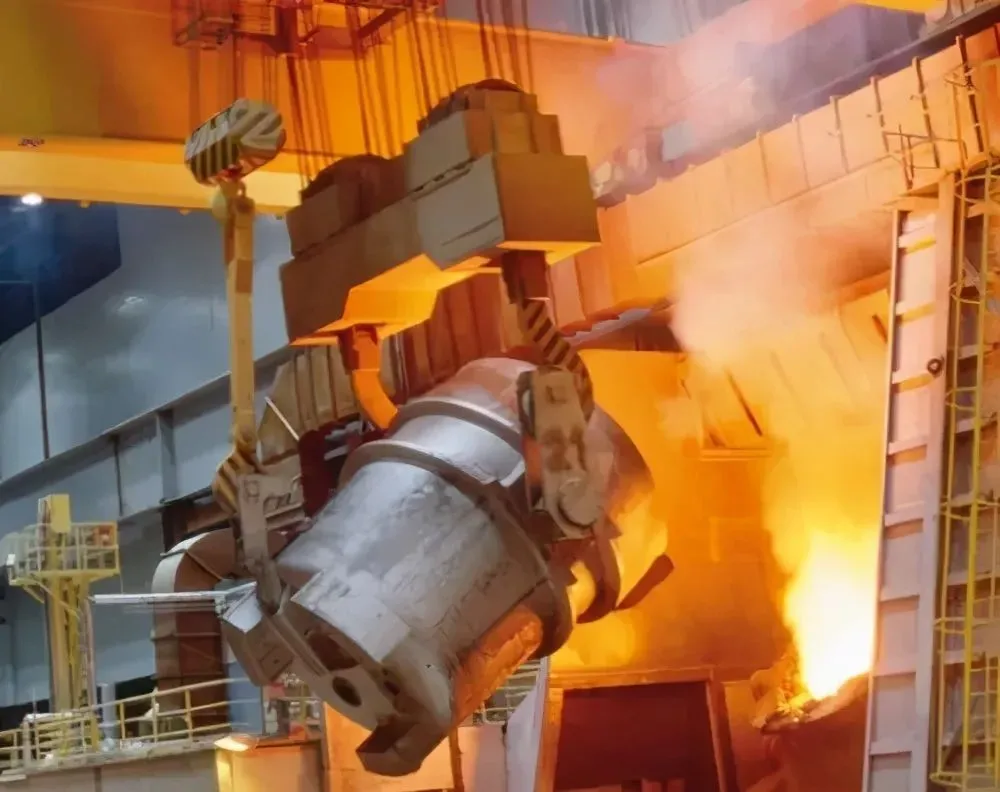Mobile:+86-311-808-126-83
Email:info@ydcastings.com
Customized Aluminum Casting Solutions for Your Unique Project Needs
Custom Aluminum Casting A Comprehensive Overview
Aluminum casting is a versatile manufacturing process that allows for the production of complex shapes and components. As industries evolve, the demand for custom aluminum casting has surged, driven by the need for unique designs, lightweight materials, and high-performance applications. This article delves into the intricacies of custom aluminum casting, exploring its advantages, processes, applications, and considerations for selecting a casting provider.
Understanding Custom Aluminum Casting
Custom aluminum casting involves creating aluminum parts tailored to specific requirements and specifications. Unlike mass production, which typically uses standardized designs, custom casting provides flexibility in shapes, sizes, and properties, making it ideal for applications across various sectors, including automotive, aerospace, electronics, and consumer goods.
One of the most significant advantages of aluminum casting is its lightweight nature combined with high strength. Aluminum is approximately one-third the weight of steel while maintaining comparable strength and durability. This property makes it an excellent choice for applications where weight reduction is crucial, such as in automotive and aviation components.
Casting Processes
Several casting processes can be employed for custom aluminum products, each with its merits and suitability for different applications. The most common methods include
1. Sand Casting This traditional method involves creating a mold from sand, which is then filled with molten aluminum. Sand casting is versatile and cost-effective for low to medium production volumes, accommodating a wide variety of designs.
2. Die Casting In this process, molten aluminum is forced into a mold under high pressure. Die casting is ideal for high-volume production, offering excellent surface finishes and dimensional accuracy. It is commonly used for making complex parts such as engine covers and brackets.
3. Investment Casting Also known as lost-wax casting, this method involves creating a wax model surrounded by a ceramic shell. Once the shell is heated, the wax melts away, creating a mold for molten aluminum. Investment casting is suitable for intricate designs and is often used in aerospace and medical device applications.
4. Permanent Mold Casting This technique utilizes reusable molds made from metals. It allows for better surface finishes and higher precision than sand casting, making it a good choice for medium to high production rates.
custom aluminum casting

Applications of Custom Aluminum Casting
The versatility of custom aluminum casting opens doors to numerous applications. In the automotive sector, custom aluminum parts are utilized in engine components, wheels, and structural elements, contributing to fuel efficiency and performance improvements. Aerospace manufacturers rely on aluminum casting for components that need to withstand extreme conditions while being lightweight. In the electronics industry, aluminum housings and heat sinks, produced through custom casting, help dissipate heat effectively and protect delicate internal components.
Consumer goods, such as kitchenware and outdoor equipment, also benefit from the aesthetic and functional properties of custom aluminum castings. The ability to create complex and visually appealing designs makes aluminum a preferred choice for modern product development.
Selecting a Custom Aluminum Casting Supplier
When choosing a supplier for custom aluminum casting, several factors should be considered
- Experience and Expertise Look for a provider with a proven track record and expertise in the desired casting process. An experienced supplier can offer valuable insights into design optimization and material choices.
- Quality Assurance Verify the supplier’s quality control processes and certifications. High-quality casting is essential to ensure that the final product meets specifications and performs as required.
- Flexibility and Communication Effective communication and the ability to accommodate changes in design or production schedules are crucial for a successful casting partnership.
- Cost-Effectiveness While price is important, it should not be the only deciding factor. Consider the overall value, including quality, lead times, and the supplier's ability to meet your specific needs.
In conclusion, custom aluminum casting is a significant aspect of modern manufacturing, offering tailored solutions across various industries. With the advantages of lightweight strength, design flexibility, and efficient production methods, aluminum casting continues to play a pivotal role in shaping innovative products and solutions for the future. Whether you are in the automotive, aerospace, electronics, or consumer goods sectors, understanding the nuances of custom aluminum casting can help you leverage this technology for your advantage.
-
Why Should You Invest in Superior Pump Castings for Your Equipment?NewsJun.09,2025
-
Unlock Performance Potential with Stainless Impellers and Aluminum End CapsNewsJun.09,2025
-
Revolutionize Your Machinery with Superior Cast Iron and Aluminum ComponentsNewsJun.09,2025
-
Revolutionize Fluid Dynamics with Premium Pump ComponentsNewsJun.09,2025
-
Optimizing Industrial Systems with Essential Valve ComponentsNewsJun.09,2025
-
Elevate Grid Efficiency with High-Precision Power CastingsNewsJun.09,2025











